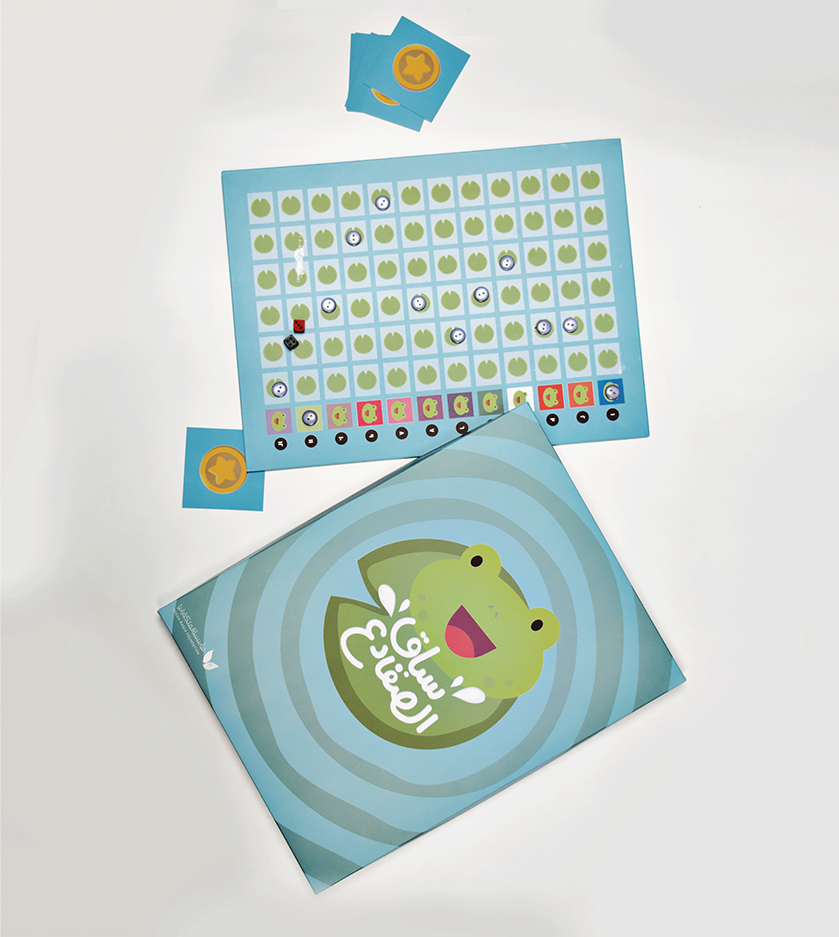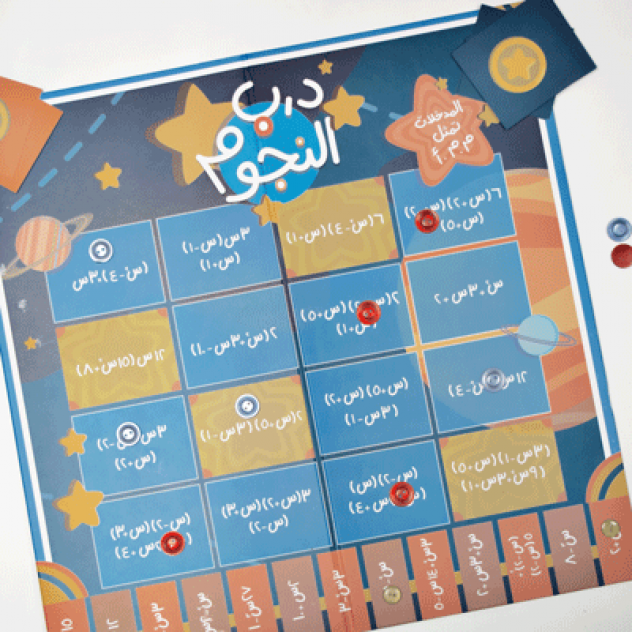Background
The Program for International Student Assessment (PISA) has shown that two thirds (68%) of students in upper grades in Jordan are “low-performers” in mathematics. Some find that the content heavy mathematics curricula often leave teachers with no time or flexibility to focus on their students’ needs. It is therefore not surprising that many students struggle to comprehend certain maths concepts.
In order to tackle these issues, the Queen Rania Foundation developed a “game-based learning” pilot with the aim of integrating games in the delivery of the curriculum content and making the learning process more engaging. The project gamified difficult math concepts for 9th graders in public schools and Syrian and Jordanian double-shift schools.
The foundation’s “Gamification” program combined the learning aspects of games with the subject content of mathematics to achieve better mathematics learning outcomes among students in addition to focusing on skills such as social interaction, confidence, self-efficacy, and motivation.
Impact
The “Gamification” program was implemented in 15 schools targeting a treatment sample size of 1,040 students.
The pilot had a positive effect on the classroom environment by introducing new tools that helped teachers support their students. In turn, students enjoyed the constructive competition and the group activities that the games created.
On the other hand, the pilot did face some challenges when it came to its application and this affected the extent of improvement in students’ performance as well as the teaching method. It was also made apparent that students participating in such a program, need to be at the right level before embarking on the more difficult mathematical concepts. Moreover, the pilot has indicated the importance of maximizing the incentives that may be obtained by students who are dedicated to progressing to higher levels.
This experience has shown promising signs that with more investment and lessons learned, such a program can go a long way in overcoming education challenges in Jordan.

